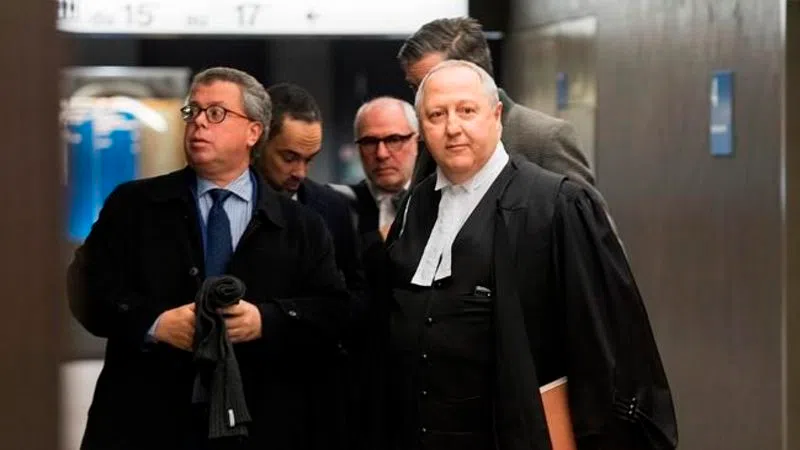
A timeline of key events in the SNC-Lavalin political controversy
OTTAWA — A chronology of key developments in the SNC-Lavalin controversy, according to public documents, reports and testimony to the House of Commons justice committee:
Feb. 19, 2015 – The RCMP lays corruption and fraud charges against Montreal-based engineering and construction firm SNC-Lavalin over business dealings in Libya. SNC-Lavalin says the charges are without merit.
March 27, 2018 – The Liberals table a budget bill allowing for “remediation agreements,” plea-bargain-like deals for corporations to avoid criminal proceedings by making reparations for bad behaviour. SNC-Lavalin lobbied for such a provision in Canadian law.
Sept. 4 – The Public Prosecution Service rejects SNC-Lavalin’s request to negotiate a remediation agreement. Justice Minister Jody Wilson-Raybould is informed of the decision.


